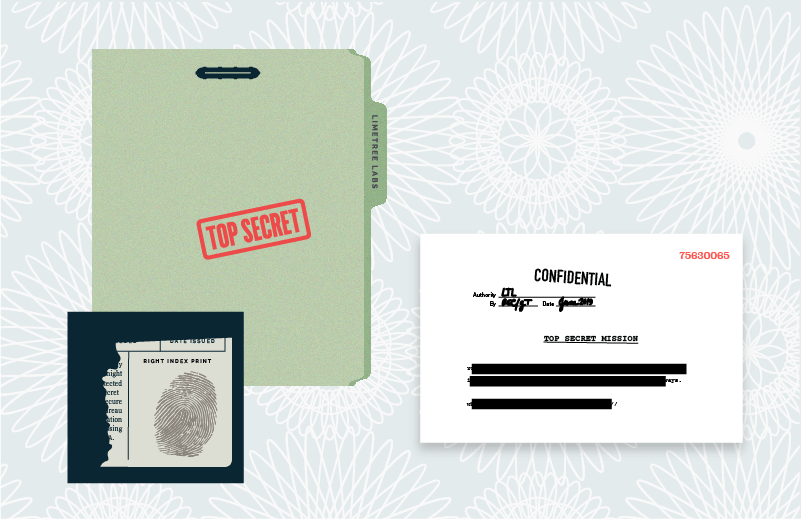
Cybersecurity is the practice of protecting computers, networks, programs and data from unauthorized access or attacks that are aimed for exploitation. These cyberattacks are usually aimed at accessing, changing, or destroying sensitive information; extorting money from users; or interrupting normal business processes.
Today, implementing effective cybersecurity measures is particularly challenging because there are more devices than people, and attackers and becoming more innovative.
We’re Living In a Connected World
Before I lose you with techno-babble—why is cybersecurity important? “…we’re living in a connected world. And I am just a connected girl.” Doesn’t have quite the same ring to it as Madonna, eh?
Our banking is online. We sign important documents online. Life-saving healthcare devices are powered by the internet. Even our family photos are “in the cloud”!
Technology is a wonderful thing, but new and emerging threats and cyber-attack strategies are surfacing each day. So—how do you protect yourself from identity theft, extortion attempts, or loss of important data?
First, let’s review the most common types of cybersecurity threats. To learn more, check out this article: IT and Cyber Security Terms to Know in 2019.
Phishing
Phishing is the fraudulent practice of sending emails purporting to be from reputable companies in order to induce individuals to reveal personal information, such as passwords and credit card numbers.
Ransomware
Ransomware is a type of malicious software designed to block access to a computer system until a sum of money is paid. Users are shown instructions on how to pay a fee to get the decryption key.
Malware
Malware is software that is specifically designed to disrupt, damage, or gain unauthorized access to a computer system.
Social Engineering
Social Engineering is the use of deception to manipulate individuals into divulging confidential or personal information that may be used for fraudulent purposes.
An example could be an email from a friend. If a criminal manages to hack one person’s email password, they have access to that person’s contact list. These messages will take advantage of your trust and curiosity and often times will contain a link or a download.
Take the Cybersecurity Secret Agent Quiz
Want to know how you rate with cybersecurity? Need some practical tips you can implement today? Take our Cybersecurity Secret Agent quiz!
So—we’re dying to know, what type of agent did you get?
If you’re ready to protect your business from cyberattacks, give Limetree Labs a call at 208-901-3350 or email us at hello@limetreelabs.com.




